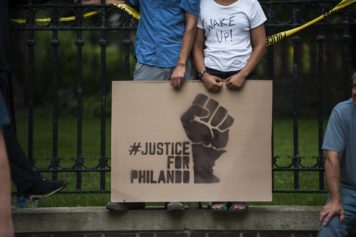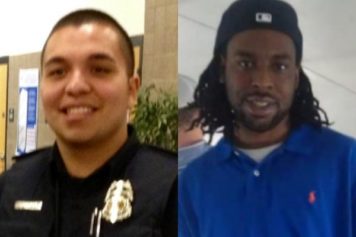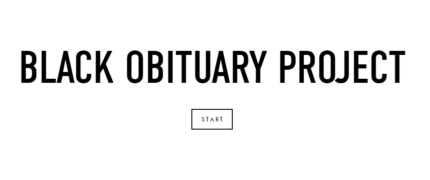
In his letter, Judge William H. Leary III thanked jurors for their service. (Photo by Renee Jones Schneider, Star Tribune).
In an unusual move, the judge who presided over the case against Minnesota police officer Jeronimo Yanez wrote a letter of support to the jurors who acquitted him in the shooting of Philando Castile, stating there was “a failure to understand what you were asked to do” by the public.
Ramsey County District Judge William H. Leary III wrote that he wanted to thank the jurors “for the profound public service you’ve provided to this country and the State of Minnesota” and provided reassurance that they had “faithfully fulfilled the difficult task you were asked to undertake,” according to the letter obtained by the Minnesota StarTribune.
Leary’s message comes just weeks after a majority-white jury of five women and seven men ultimately chose to acquit Yanez of second-degree manslaughter and two counts of intentional discharge of a firearm, even after viewing harrowing dash cam footage of the officer killing Castile during a July 6 traffic stop. The decision sparked widespread outrage.
“The criticism of the jury’s decision of which I am aware has focused primarily on a reaction to the squad-cam video, [and] on consideration of issues you as jurors were never asked to address,” Leary wrote in the letter, dated June 23. “You all were simply asked to determine, beyond a reasonable doubt, whether a crime had been committed.”
“You were never asked to decide whether racism continues to exist, whether certain members of our community are disproportionately affected by police tactics, or whether police training is ineffective,” he added.
The StarTribune noted that while it’s commonplace for judges to address jurors right after a verdict has been reached, Leary’s decision to follow up with a memo several days later was a bit unusual.
In his letter, the judge wrote that he wasn’t giving his own opinion on Yanez’s actions but wanted to assure the jurors that their verdict “was fully supported by a fair interpretation of the evidence and the law you were obligated to apply.”
After five days of deliberation and a brief deadlock, jurors moved to acquit the now-fired cop on June 16. The Minnesota man had informed the officer he had a legal firearm on his person, and Yanez requested that he not reach for it. Castile assured the officer he wasn’t reaching for his weapon, but seconds later, dash cam video showed the officer firing seven shots into Castile’s car, killing him.
Castile’s girlfriend, Diamond Reynolds, and her 4-year-old daughter, were in the car at the time of the shooting. Reynolds broadcast the bloody aftermath on Facebook Live, bringing widespread attention to the death of yet another Black man at the hands of police.
Just last month, the city of Saint Anthony Village agreed to pay nearly $3 million to settle a wrongful death suit filed by Castile’s family.
“No amount of money could ever replace Philando,” Saint Anthony Village officials said in a statement.


